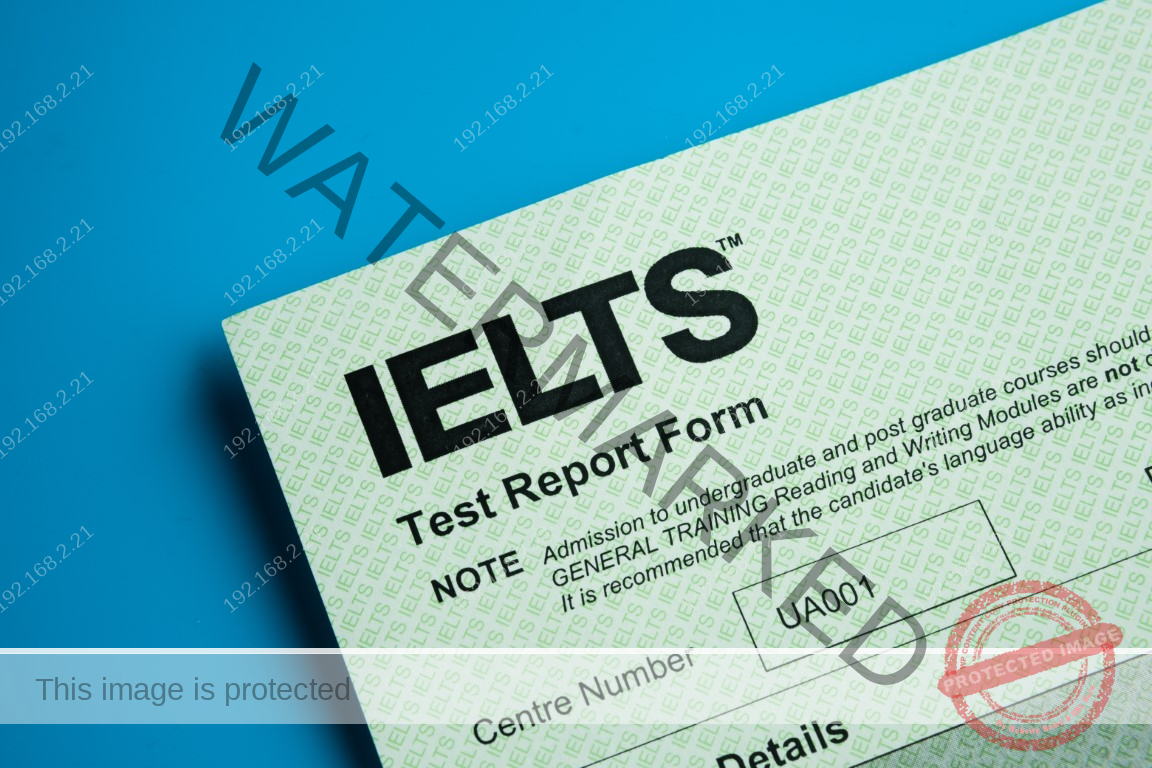Navigating the complexities of immigration, refugee, or citizenship applications in Canada can be daunting. Immigration, Refugees and Citizenship Canada (IRCC) has established strict guidelines for compensated representatives to maintain the integrity of the system and protect applicants. Let’s delve into the details of these guidelines.
Authorized Representation for Compensated Services
According to Section A91 of the Immigration and Refugee Protection Act, anyone receiving payment for providing advice or representation on immigration including work/study permits, visitor, permanent resident visas or citizenship applications must be an authorized representative. This entails registration in good standing with a recognized regulatory body, such as the Canadian provincial/territorial law societies, the Chambre des notaires du Québec, or the College of Immigration and Citizenship Consultants (CICC).
The College of Immigration and Citizenship Consultants: Custodians of Professionalism
Immigration Consultants (RCICs) are professionals dedicated exclusively to immigration and citizenship services. RCICs are required to undergo rigorous training, pass certification exams, and continually enhance their knowledge of immigration policies. As of November 23, 2021, the CICC is the national body regulating immigration and citizenship consultants, ensuring the profession’s integrity by overseeing consultants and protecting the public. The College of Immigration and Citizenship Consultants Act grants the CICC extensive powers for investigation and disciplinary actions to uphold high professional standards.
Consultants must meet the College’s strict criteria, which include knowledge, ethical conduct, and language skills. Adhering to the professional code of ethics and bylaws signifies a pledge to service excellence.
Agents of Immigration Consultants
Consultants licensed by the CICC may employ agents for support, but these agents must be CICC-registered. The consultant bears ultimate responsibility for the guidance provided, guaranteeing uniform quality of service. Agents are only limited to administrative and marketing support. CICC registration guarantees a clear, professional chain of accountability.
Legal Professionals, Lawyers and Quebec Notaries: Exemplars of Excellence
Immigration is a specialized segment within the broad Canadian legal system. Apart from immigration consultants who are specialized only in immigration, lawyers, notaries, and legal assistants are also empowered to represent clients. Lawyers and Quebec notaries are regulated by their respective law societies, which uphold the legal profession’s standards and protect the public’s interests. Lawyers’ affiliation with a law society endorses their professional credibility, irrespective of their jurisdiction of practice.
Students-at-Law
Under a licensed lawyer or notary’s guidance, students-at-law contribute by offering counsel and representation, assuming the same level of professional standards and responsibilities as their mentors. This practice ensures that emerging legal practitioners meet established benchmarks of excellence.
Paralegals
In Ontario, the Law Society of Ontario authorizes paralegals to serve as representatives in immigration proceedings, recognizing their capability to assist applicants effectively.
Final Thoughts
The Canadian immigration system esteems authorized advice and representation. It is imperative for applicants seeking the services of accredited immigration representatives to comprehend the significance of the representative’s role, their area of operation, and the governing authority. Applicants who take risks with unauthorized representatives bear full responsibility for any adverse outcomes and lack protection under Canadian law.
The presence of regulatory bodies such as the CICC and law societies provides applicants with confidence that their cases are managed by professionals who are not only versed in the law but also adhere to stringent ethical and professional standards.












